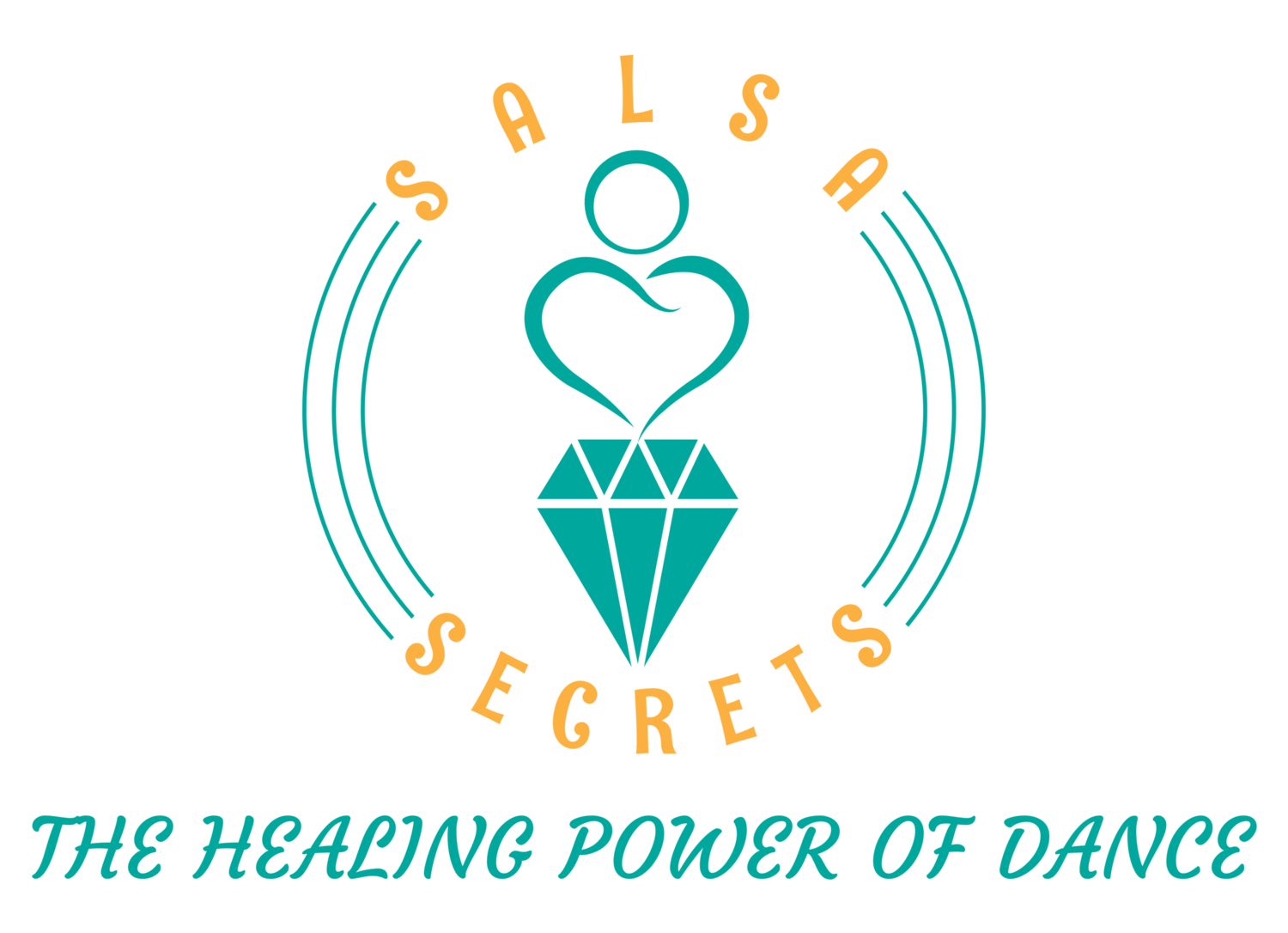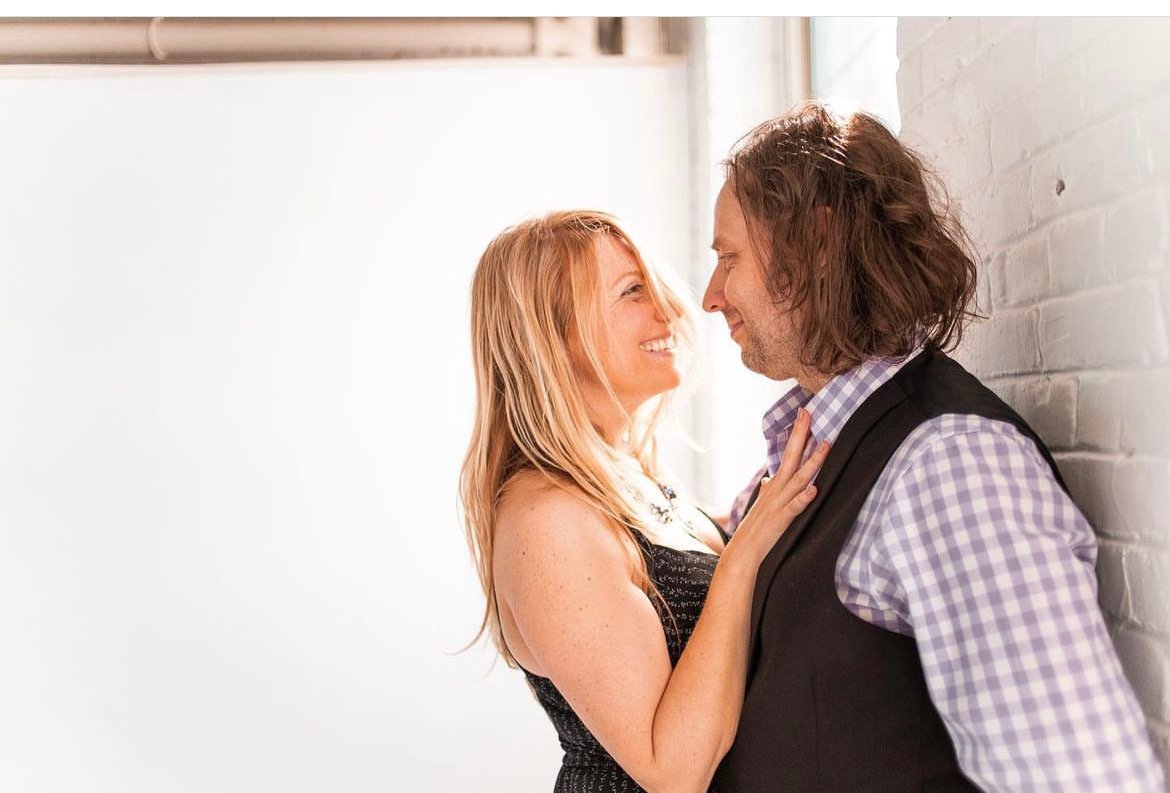If you enjoy dancing but your partner doesn't share the same interest, there are still ways to navigate this situation and find a balance that works for both of you. Here are a few suggestions:
It's important to respect and acknowledge that everyone has their own unique interests and preferences.
Accept that dancing may not be your partner's cup of tea and refrain from pressuring or forcing them to dance if they genuinely don't enjoy it.
Look for activities that you both enjoy and can engage in together.
While it may not be dancing, there are likely other shared hobbies or interests that you can pursue as a couple. Explore these activities to maintain a sense of connection and shared experiences.
If dancing is important to you, consider setting aside designated times for your own dance practice or attending dance events/classes without your partner.
This allows you to indulge in your passion while giving your partner space to pursue their own interests.
If your partner is open to it, introduce dance in a non-threatening way.
Start with simple movements or basic dance steps that they can feel comfortable with. Focus on fun and enjoyment rather than formal training or performance. Slowly build up their confidence and allow them to explore dance at their own pace.
Consider attending social dance events together, such as weddings, parties, or community dance gatherings.
These events often have a relaxed and casual atmosphere where people of all skill levels participate. Your partner may feel more comfortable trying some basic steps or freestyle dancing in a social setting.
If there are specific occasions, like your wedding, where you envision having a dance with your partner, discuss possible compromises.
Your partner may be willing to participate in a simple dance or agree to a compromise that involves them being involved in another way, such as announcing the dance or choosing the music.
Remember that dance is not the only way to connect physically with your partner.
Explore other activities that promote physical closeness, such as couples' massages, taking walks together, or learning a different form of partner exercise, like yoga or martial arts.
The key is to find a balance that respects both partners' interests and preferences. Open and honest communication, along with a willingness to compromise, can help you navigate this situation and strengthen your relationship outside of the realm of dance.

